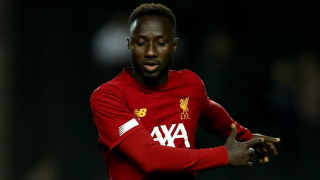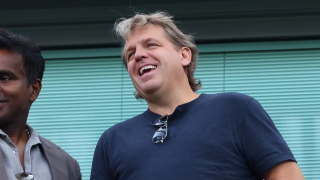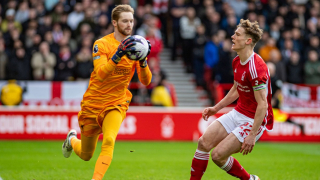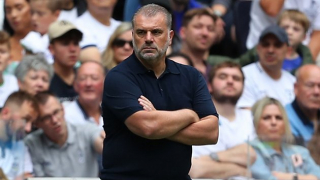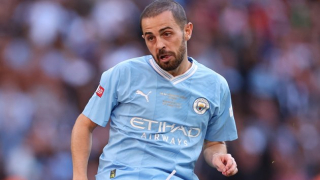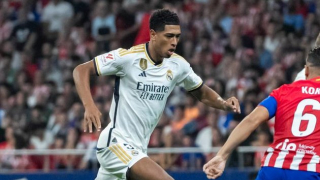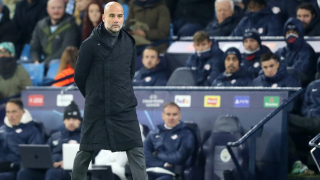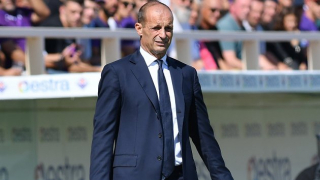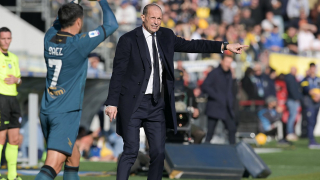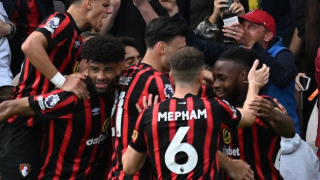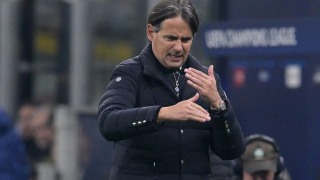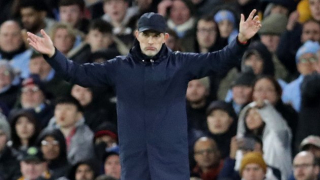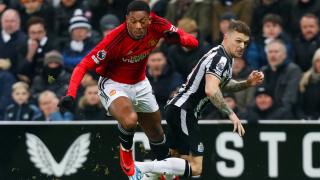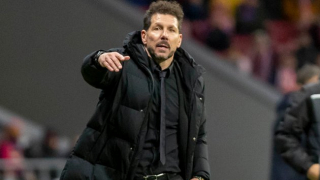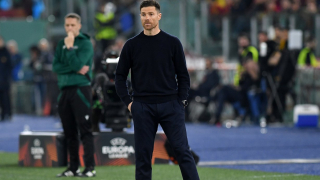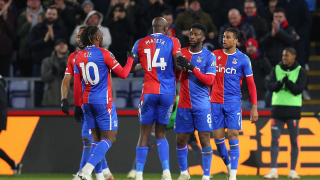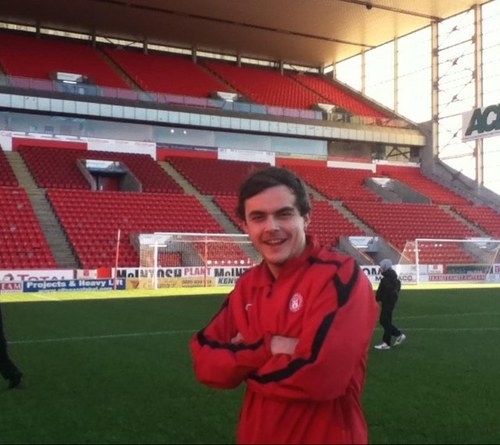I'd always wondered what made goalkeepers different to outfield players...
Fortunately, Tony Coton had the expertise to answer my question. Nineteen years at the top level with Birmingham City, Watford, Manchester City, Manchester United and Sunderland, followed by a decade as goalkeeper coach under Sir Alex Ferguson, could attest to that.
"They say you have to be made to be a goalkeeper," said Coton in an exclusive interview with Tribalfootball.
"But when you look ideologically, who is the maddest? The number ten running away trying to get the ball or the goalie who waits for it to come to him?
"I think you're born for the position. You have to be a character because of the repercussions or the ramifications of when you made a mistake."
Character permeates through Coton's autobiography, There To Be Shot At.
In 1984, former Watford owner and global pop-star Elton John paid £300k to sign the 23-year-old from his hometown club, Birmingham City. But Coton's career at Vicarage Road almost ended after six months when he faced an ABH charge in court, which carried a maximum sentence of five years.
Fortunately, legendary Hornets boss Graham Taylor provided a glowing character reference - "a performance that Petrocelli, Rumpole, Perry Mason and even Saul Goodman would have all been proud of" - to help his new 'keeper remain out of jail. Coton repaid Taylor's faith tenfold with six years of loyal service and would later become the second player inducted into the Hornets' Hall of Fame.
Coton had a similar impact during his six years at City - which included winning an England B cap - before spending a short time at United and Sunderland. While with the Black Cats in 1996, Coton broke his leg in five places. The injury would call an end to his playing career.
Upon reflection, Coton said that he never realised his full potential during the time he spent between the posts.
"If I had my time again, I know for a fact and every player that played in my era, would be a lot better. I don't know the percentage but I certainly think to say it'd be 50 per cent better than what I was just because of the factors, the physicality and technology to improve you.
"You have to remember. This was a time where we had no gym. We used to have to go to a leisure club and drive there ourselves.
"I had a goalkeeper coach one day a week, which was a morning. There was no technology where you can look back at yourself technically and say you were too high, or too deep, or you were too slow going that way, or the wrong distribution.
"Dieticians! We used to have fish and chips and a crate of beer on the way home. There was no protein or carbs or loading up on this. There was nothing like that.
"There's no excuses for the players these days. Jesus, the pitches! You'd never see a ball bobble these days. Could you imagine throwing yourself about with big muddy tracksuit pants on like we did?"
Coton collected an abundance of fascinating anecdotes from his time within the inner sanctum at Old Trafford. But his legacy at United will undoubtedly be the recommendation of Edwin van der Sar as a replacement for Peter Schmeichel.
It took the club six years and countless wannabes - Bosnich, Taibi and Howard to name a few - until Coton made what Fergie described as his 'best ever decision' when he nominated van der Sar.
His belief that the 35-year-old had longevity proved a masterstroke. The Dutchman would win four league titles in six seasons, and in 2008, produced one of the great penalty shootout performances to help United lift their third European Cup/Champions League.
The victory in Moscow was bittersweet for Coton. A year earlier, a persistent knee injury had permanently stopped him from being able to participate in coaching sessions. He was allowed to see out his contract with United, which ended after the Champions League triumph.
Unlike when he had finished playing, the future looked dark and hopeless for the big man. He had been floored to the canvas for the second time in his career, but on this occasion, it was harder to get up.
He wrote in There To Be Shot At: "It was a hammer blow to be told that a career working at the game's coalface - first as a player and then as a coach – was over, and looking back I am sure that I suffered from a mild form of depression as I tried to come to terms with a new way of living."
The 56-year-old has now managed to find a new niche - football recruitment. After spells with QPR, Wigan and Bolton, he now heads up the division at Aston Villa, a role he said he is relishing.
"I love it. I love the environment, the people I work with, I love the club. That's hard for a Birmingham City fan but I do.
"I like to get to the training ground. The buzz is something I've known my whole career. When my period playing packed in, it wasn't as bad as when I had to do it with coaching because I didn't have the daily fix of the banter, the football talk.
"But I get that now, and the training ground is only three miles from where I was born and bred so I get back to see family members and friends now as well."
After reinventing his life and career on numerous occasions, Coton's story is a testament to perseverance and courage; and none of that is made possible without character, in which he has an endless supply.
You can read more about Tony Coton's incredible life and career in his biography, There To Be Shot At, which can be bought by clicking on this link - decoubertin.co.uk/Coton.
You can follow Andrew Maclean on Twitter: @andrewmaclean30

